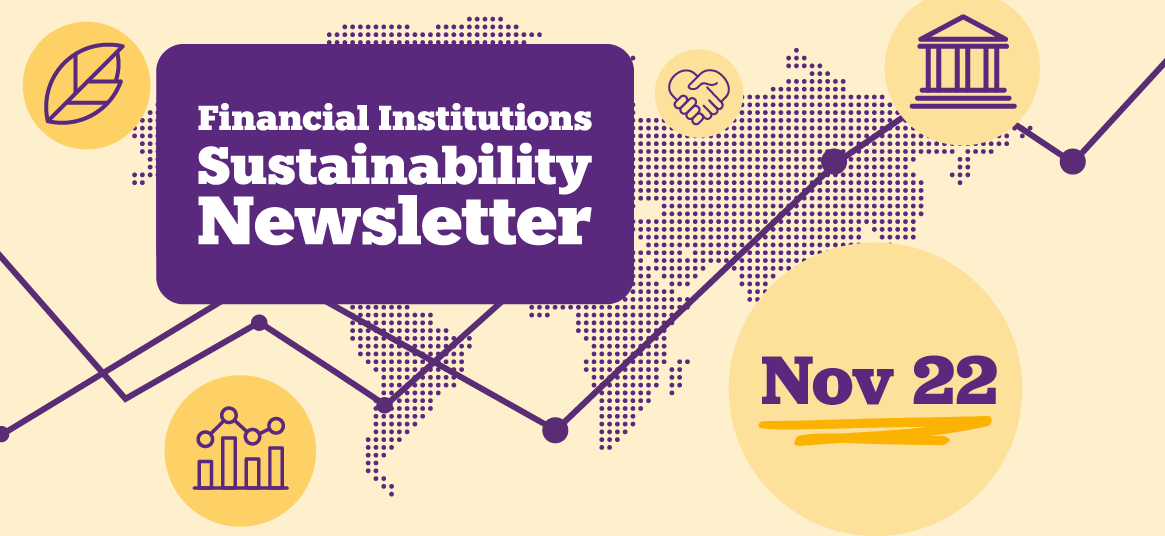This article has been prepared for information purposes only, does not constitute an analysis of all potentially material issues and is subject to change at any time without prior notice. NatWest Markets does not undertake to update you of such changes. It is indicative only and is not binding. Other than as indicated, this article has been prepared on the basis of publicly available information believed to be reliable but no representation, warranty, undertaking or assurance of any kind, express or implied, is made as to the adequacy, accuracy, completeness or reasonableness of the information contained in this article, nor does NatWest Markets accept any obligation to any recipient to update or correct any information contained herein. Views expressed herein are not intended to be and should not be viewed as advice or as a personal recommendation. The views expressed herein may not be objective or independent of the interests of the authors or other NatWest Markets trading desks, who may be active participants in the markets, investments or strategies referred to in this article. NatWest Markets will not act and has not acted as your legal, tax, regulatory, accounting or investment adviser; nor does NatWest Markets owe any fiduciary duties to you in connection with this, and/or any related transaction and no reliance may be placed on NatWest Markets for investment advice or recommendations of any sort. You should make your own independent evaluation of the relevance and adequacy of the information contained in this article and any issues that are of concern to you.
This article does not constitute an offer to buy or sell, or a solicitation of an offer to buy or sell any investment, nor does it constitute an offer to provide any products or services that are capable of acceptance to form a contract. NatWest Markets and each of its respective affiliates accepts no liability whatsoever for any direct, indirect or consequential losses (in contract, tort or otherwise) arising from the use of this material or reliance on the information contained herein. However this shall not restrict, exclude or limit any duty or liability to any person under any applicable laws or regulations of any jurisdiction which may not be lawfully disclaimed.
NatWest Markets Plc. Incorporated and registered in Scotland No. 90312 with limited liability. Registered Office: 36 St Andrew Square, Edinburgh EH2 2YB. Authorised by the Prudential Regulation Authority and regulated by the Financial Conduct Authority and Prudential Regulation Authority. NatWest Markets N.V. is incorporated with limited liability in The Netherlands, authorised and supervised by De Nederlandsche Bank, the European Central Bank and the Autoriteit Financiële Markten. It has its seat at Amsterdam, The Netherlands, and is registered in the Commercial Register under number 33002587. Registered Office: Claude Debussylaan 94, Amsterdam, The Netherlands. NatWest Markets Plc is, in certain jurisdictions, an authorised agent of NatWest Markets N.V. and NatWest Markets N.V. is, in certain jurisdictions, an authorised agent of NatWest Markets Plc. NatWest Markets Securities Japan Limited [Kanto Financial Bureau (Kin-sho) No. 202] is authorised and regulated by the Japan Financial Services Agency. Securities business in the United States is conducted through NatWest Markets Securities Inc., a FINRA registered broker-dealer (http://www.finra.org), a SIPC member (www.sipc.org) and a wholly owned indirect subsidiary of NatWest Markets Plc.
Copyright © NatWest Markets Plc. All rights reserved.

